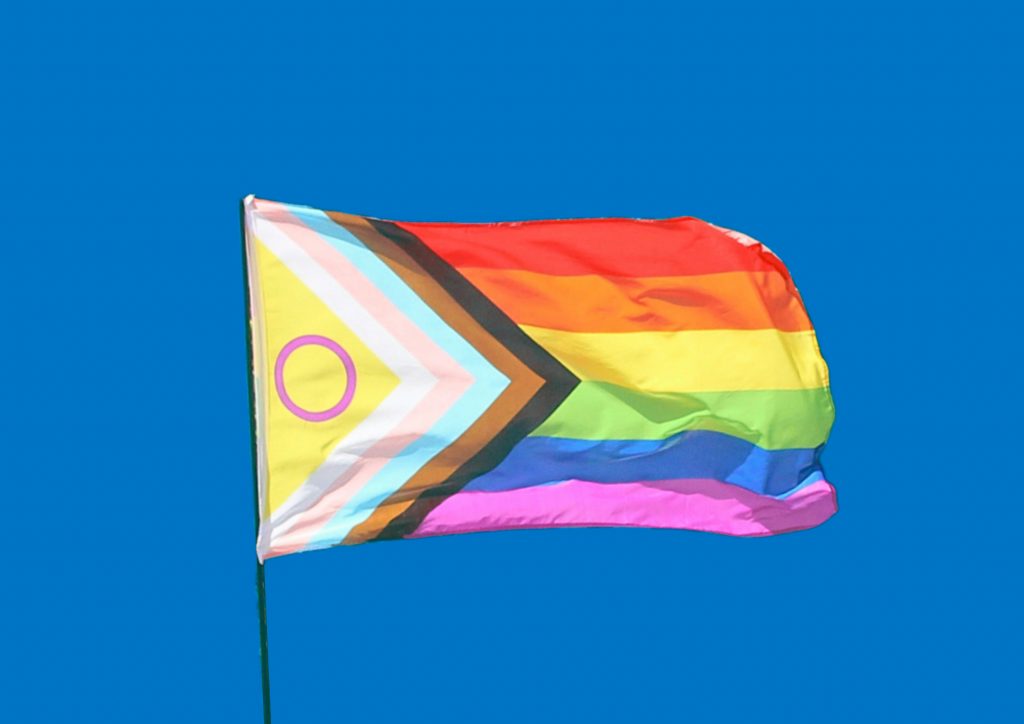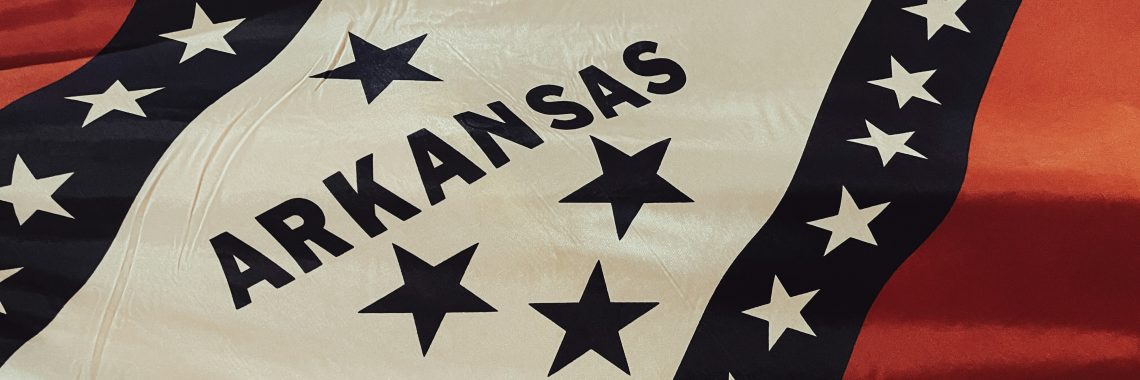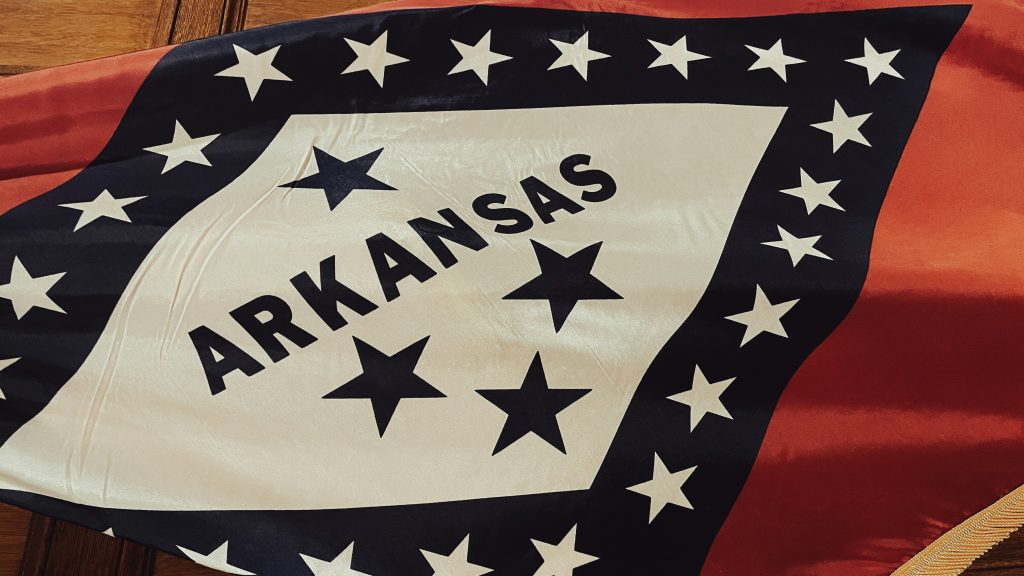Fewer Young People are Identifying as Trans: Guest Column

For years now, the number of young people embracing alternative sexual identities has grown consistently. Until now. In a recent article at UnHerd, Eric Kaufmann of the University of Buckingham summarized findings from a poll taken earlier this year of over 68,000 college students at more than 250 institutions:
My analysis of the raw data shows that in that year, just 3.6% of respondents identified as a gender other than male or female. By comparison, the figure was 5.2% in 2024 and 6.8% in both 2022 and 2023. In other words, the share of trans-identified students has effectively halved in just two years.
In a thread on X, Kaufmann suggested that the data indicates, “The fall of trans and queer seems most similar to the fading of a fashion or trend.”
Some have cautioned against premature optimism. However, prominent psychologist Dr. Jean Twenge, in a social media post from October 20, affirmed Kaufmann’s take. “For now,” she added in a lengthier treatment on Substack, “[I]t looks like the peak of trans identification is in the past.”
The same day Kaufmann posted, actress Keira Knightley made her own headlines for interesting behavior in an interview. Set to voice Professor Umbridge in an upcoming Harry Potter audiobook series, a reporter questioned her about the backlash against J.K. Rowling for her unwavering opposition to transgender ideology. With typical British understatement, Knightley said, “I was not aware of that, no. I’m very sorry.” And then she laughed as if the question was ridiculous. It’s difficult to imagine, even a few years ago, a prominent actress dismissing transgender sanctimony this way and getting away with it.
While it is too early to pronounce the transgender craze over, the vibe has clearly shifted. There are lessons to be learned from the way it is shifting. First, many young people who identified as trans or non-binary over the last decade were not even struggling with their identity. They didn’t want to be on the wrong side of the oppressor/oppressed binary they were constantly hearing about.
A few years ago, I heard of a middle school teacher who was asked how many of her students “identified” as LGBTQ. The teacher replied, with a tone as if it were a strange question with an obvious answer, “oh, all of them do.” When subsequently asked how many of her students were having sex, the teacher said, “probably none of them.” The reason they claimed an alternative sexual identity, she said, is “no one wants to be ‘cis’ or straight.” Being trans or non-binary was a way to climb the social ladder.
Second, studies like the Cass Report exposed the lies about so-called “gender-affirming care” and unsettled the power of the suicide myth that haunted so many parents. Eventually, even high-profile magazines like The Atlantic called out the coercive and manipulative trope of “Would you rather have a dead son than a live daughter?” Parents also saw their daughters lose competitions and scholarships to boys. Even more, they didn’t like the biological realities of perverted men and boys invading their daughters’ locker rooms and showers.
Third, more people are speaking out, empowered by those who were never silenced. J.K. Rowling deserves a lot of credit for refusing to sit silently while women were erased. Granted, she has the wit, public profile, and bank account to more easily absorb the social consequences, but the fact that she spoke up gave others the courage to do the same.
Billboard Chris showed up everywhere, repeatedly, willing to be arrested again and again for the sake of the truth. Chloe Cole not only had the courage to admit she was wrong, but she has now encouraged millions of others to see the victims of these terrible ideas and to speak out on their behalf. Riley Gaines refused to be intimidated by a male swimmer, the NCAA, violent protests on college campuses, and hostile media. Certainly, what Abigail Shrier, Ryan Anderson, Dr. Allan Josephson, and other thought leaders said about this phenomenon from the beginning has been thoroughly vindicated. This has always been a social contagion. And there are others, too many to mention, who had the courage when needed to confront this horrible lie.
This battle is far from over. Still, their stories and this story, how the unthinkable became unquestionable but how the spiral of silence was broken by those willing to say what is true, should give all of us courage to stand with truth. And it should clarify for all of us why God called us to this moment in human history.
Copyright 2025 by the Colson Center for Christian Worldview. Reprinted from BreakPoint.org with permission.





